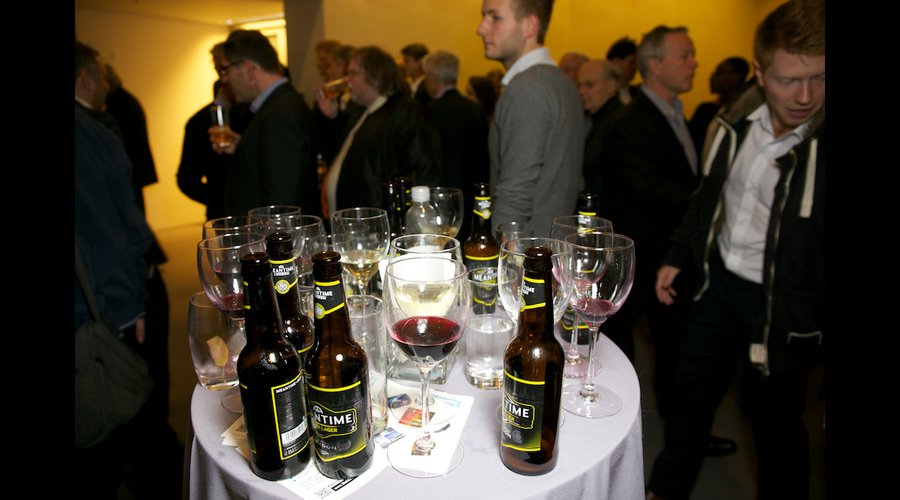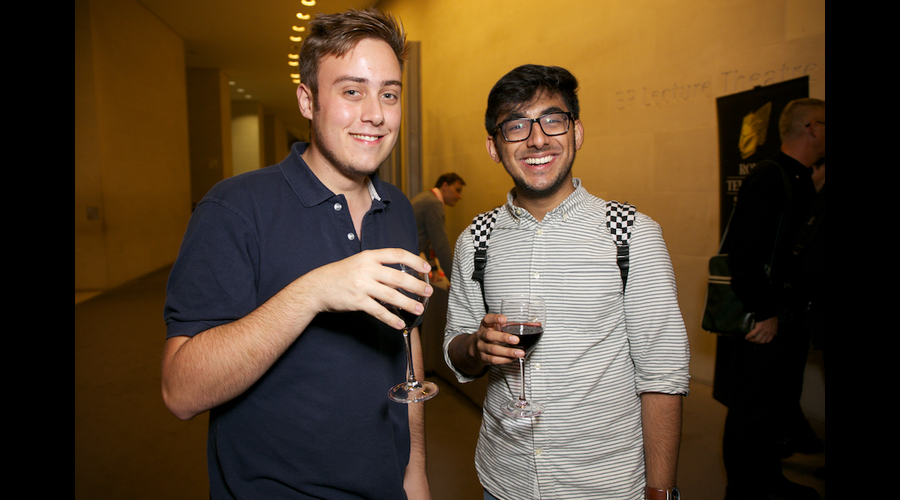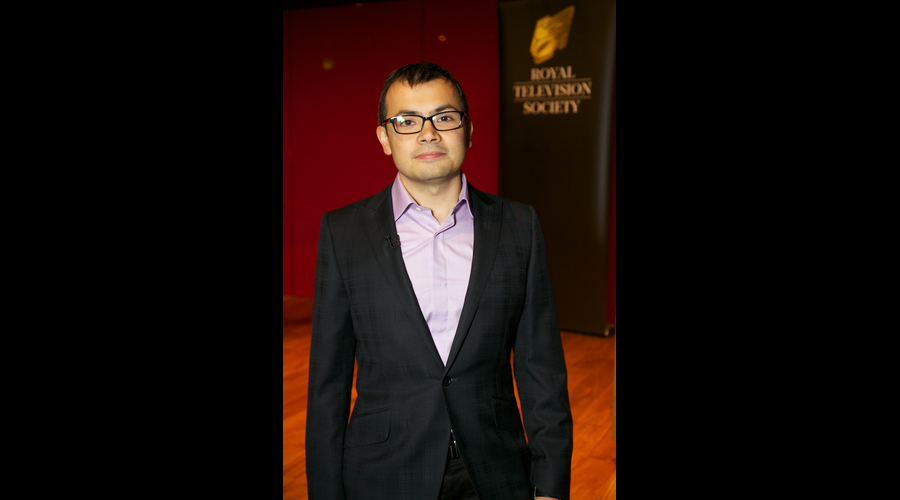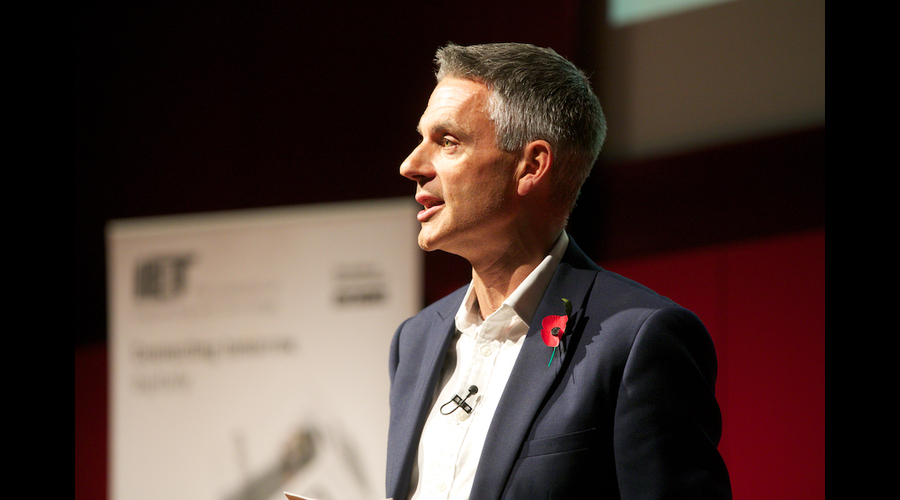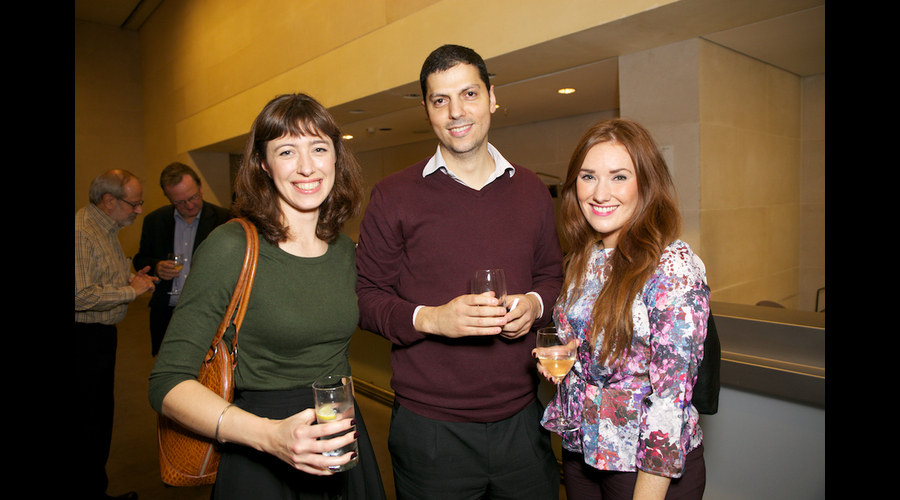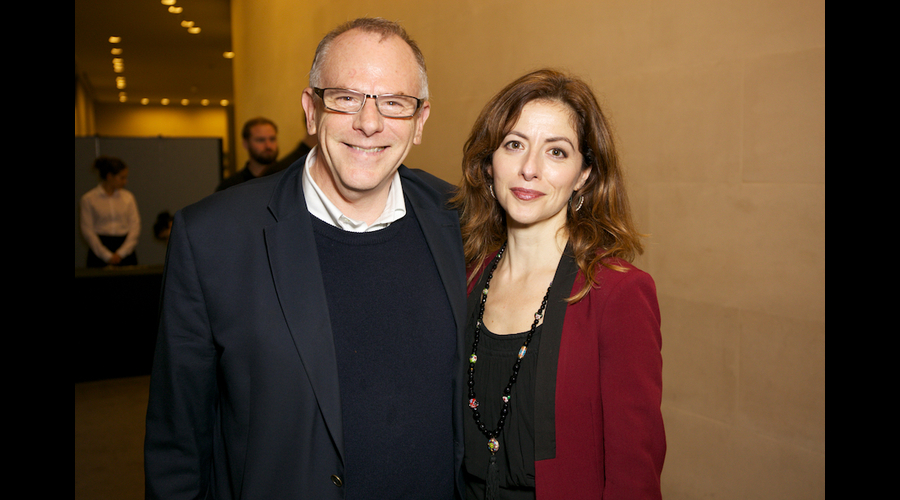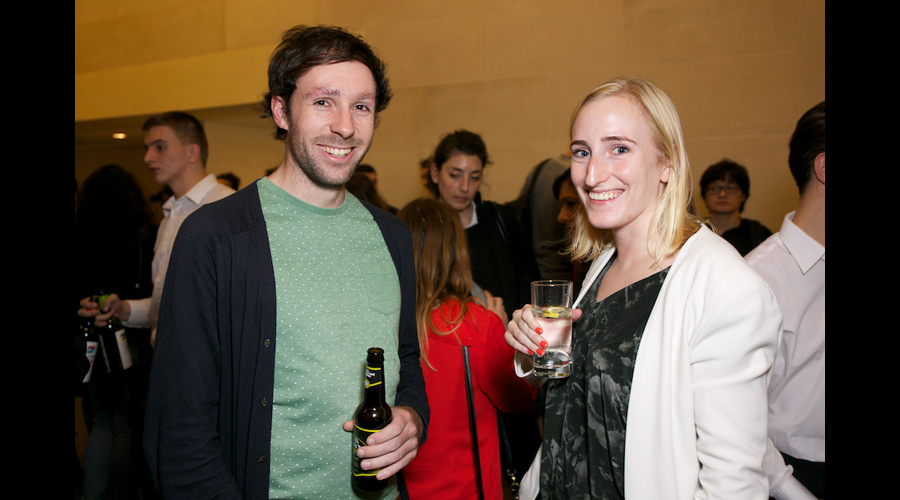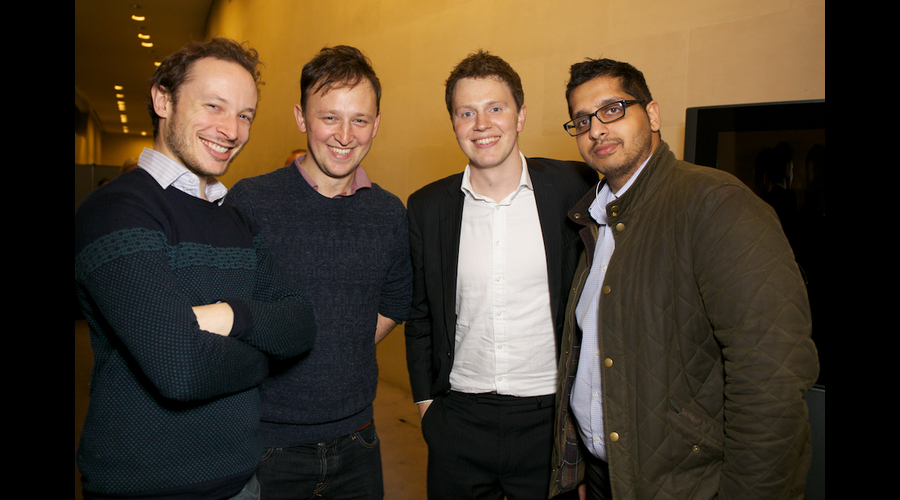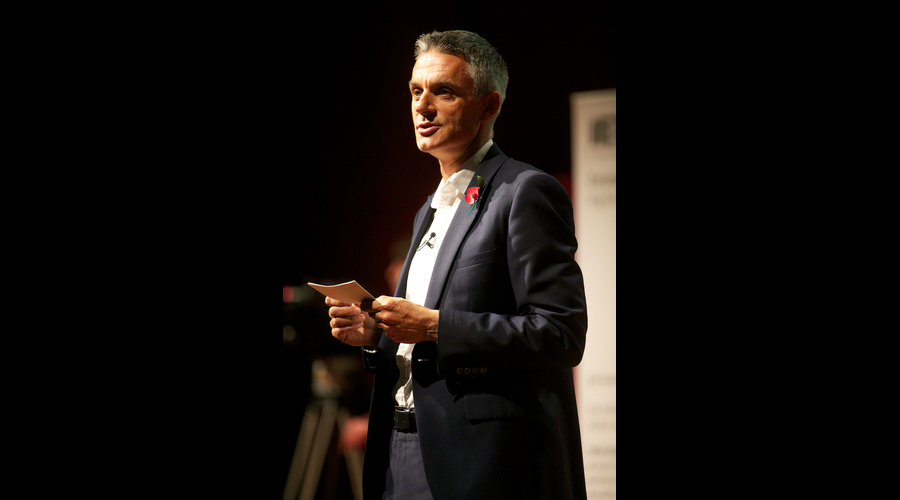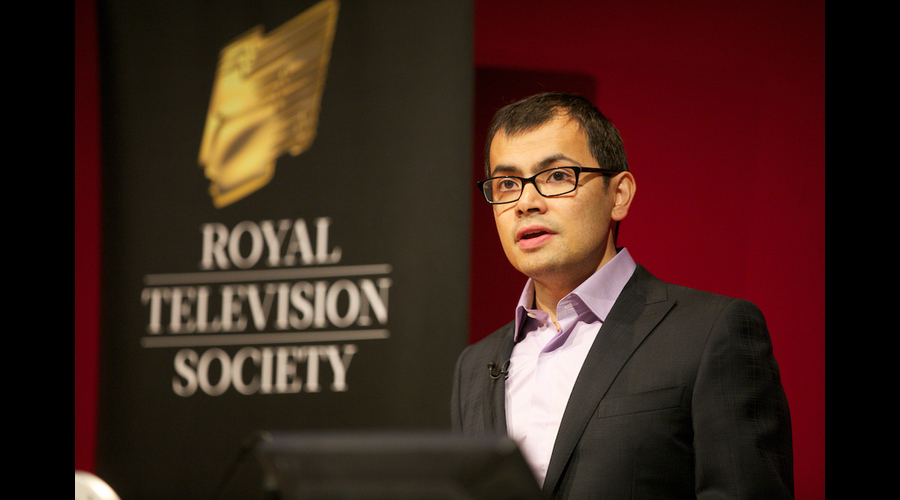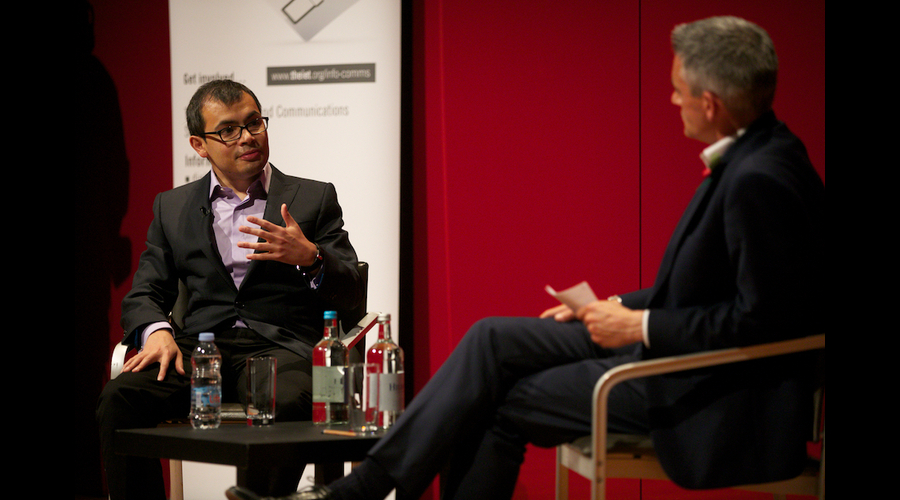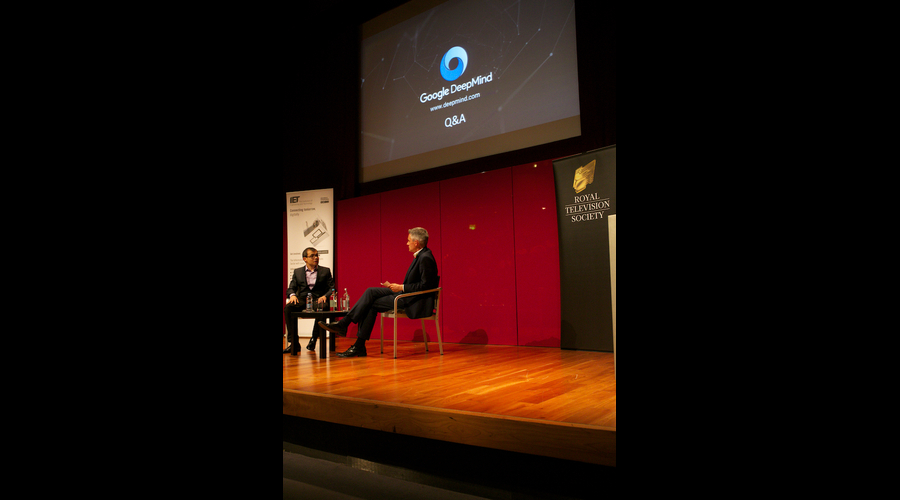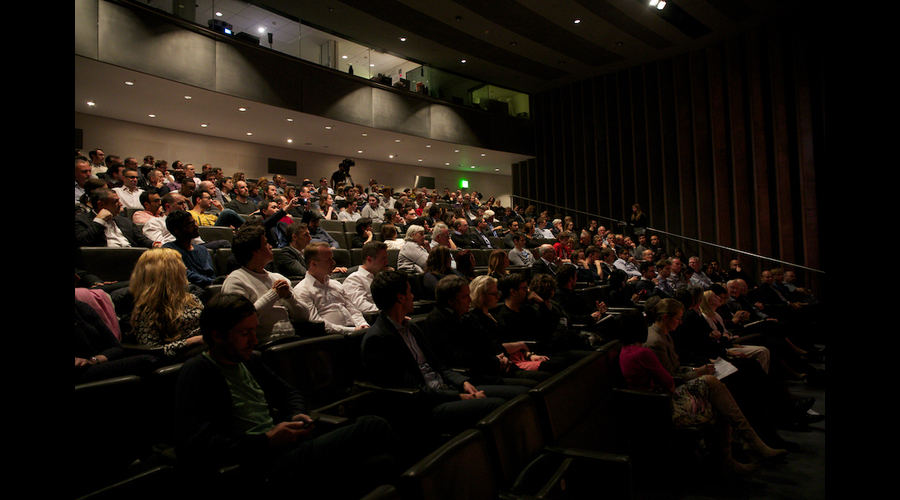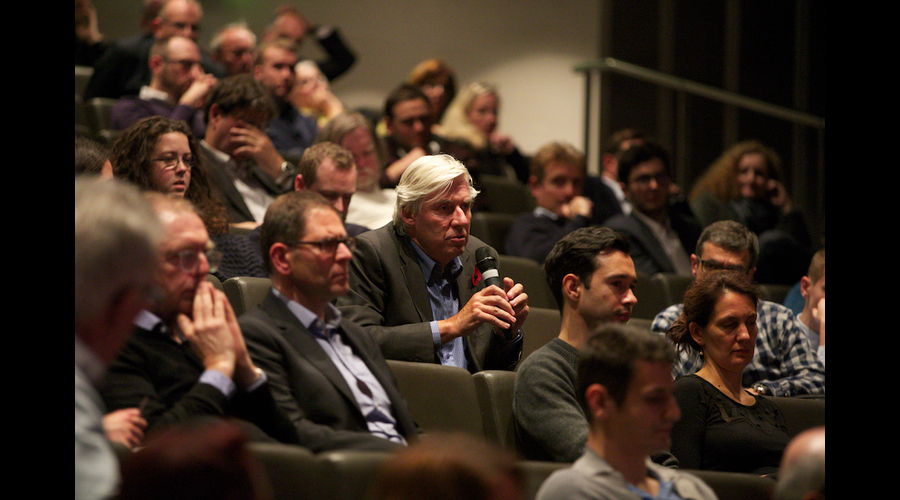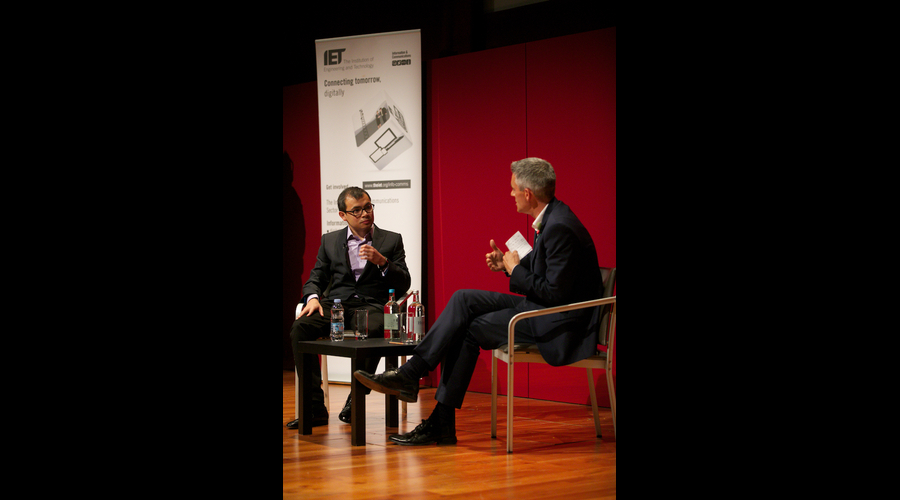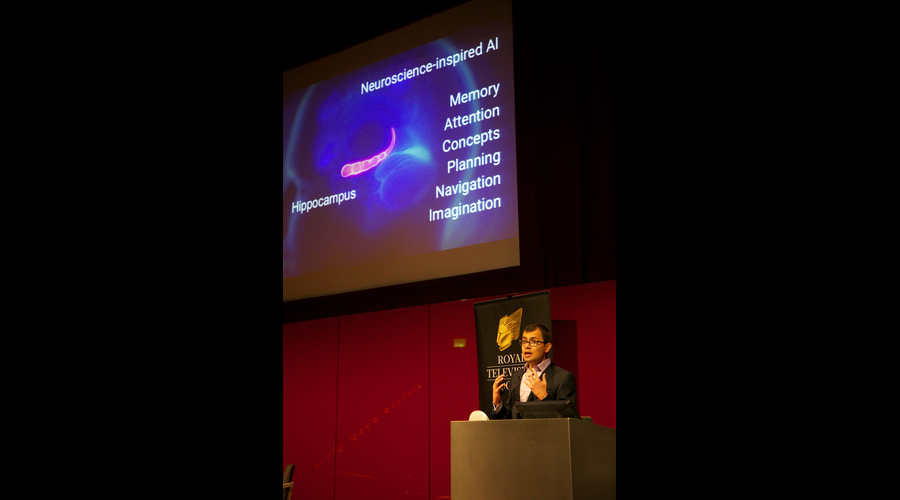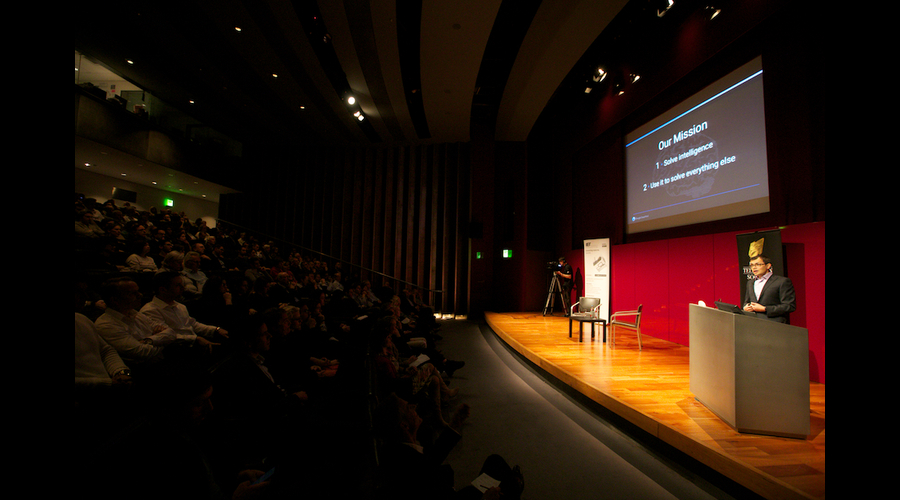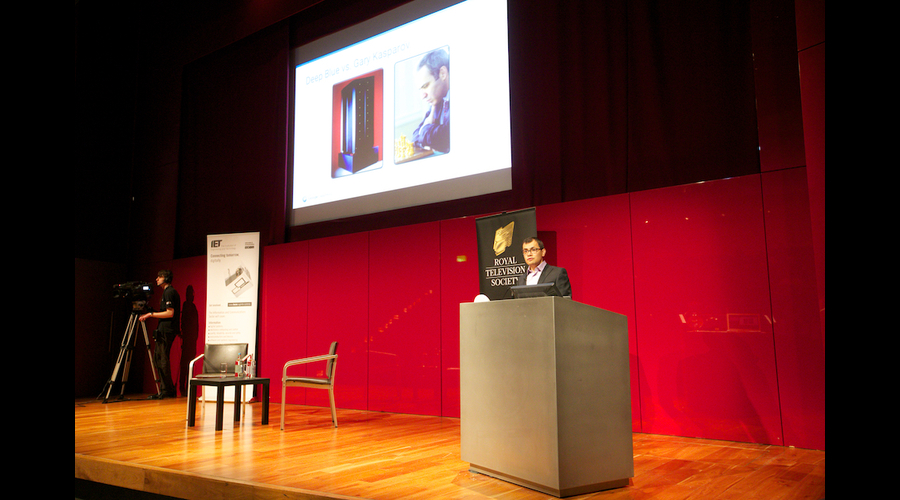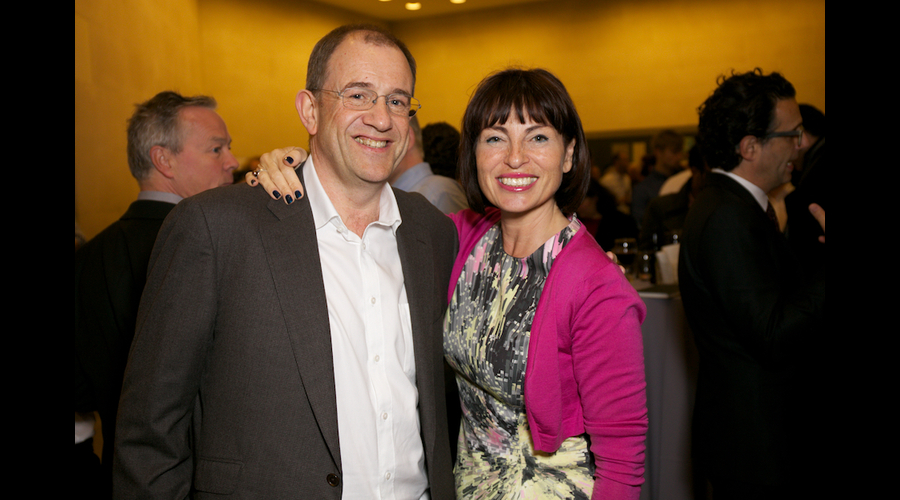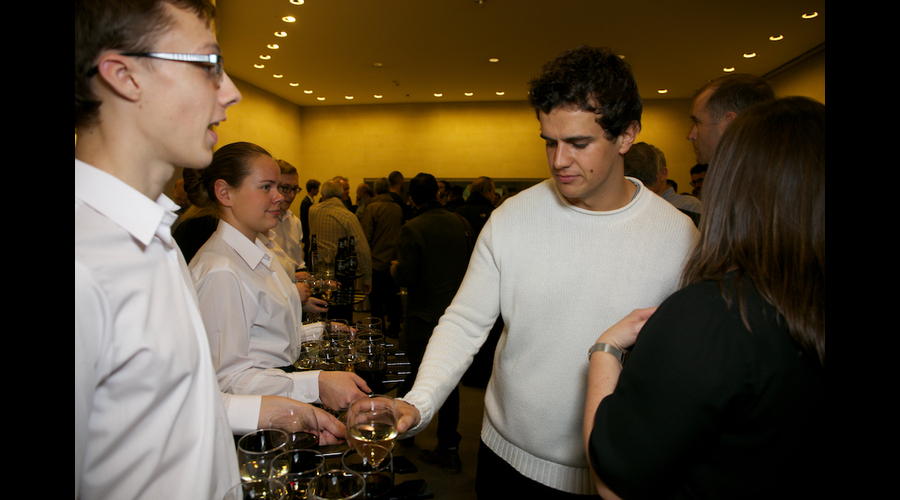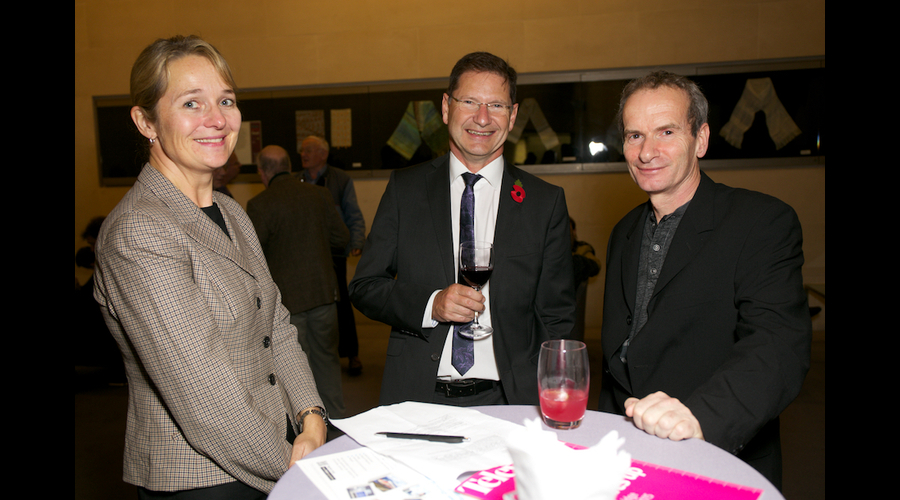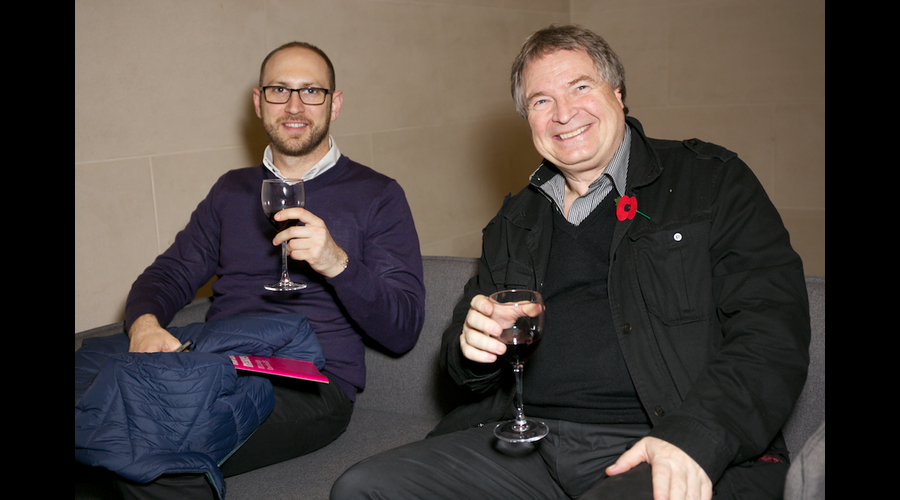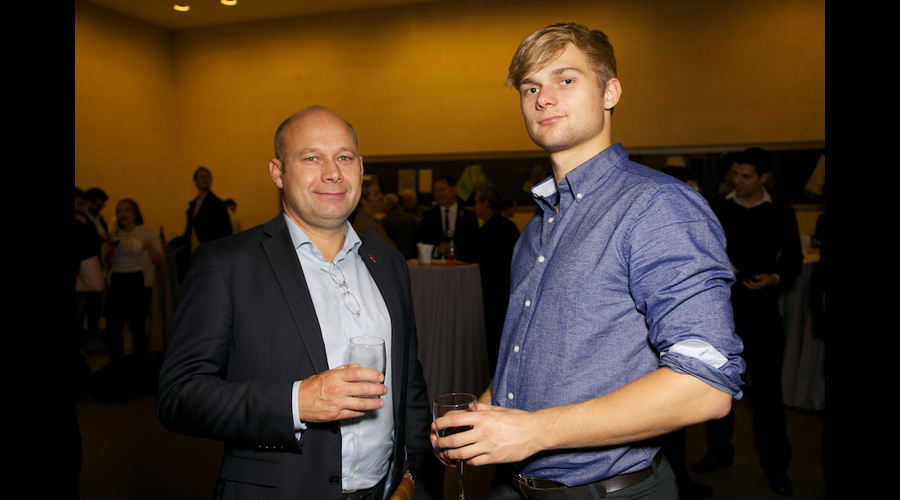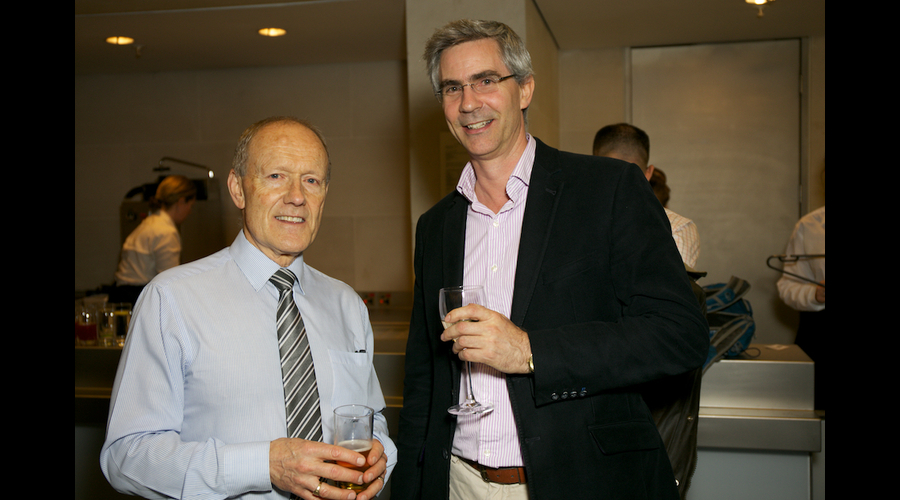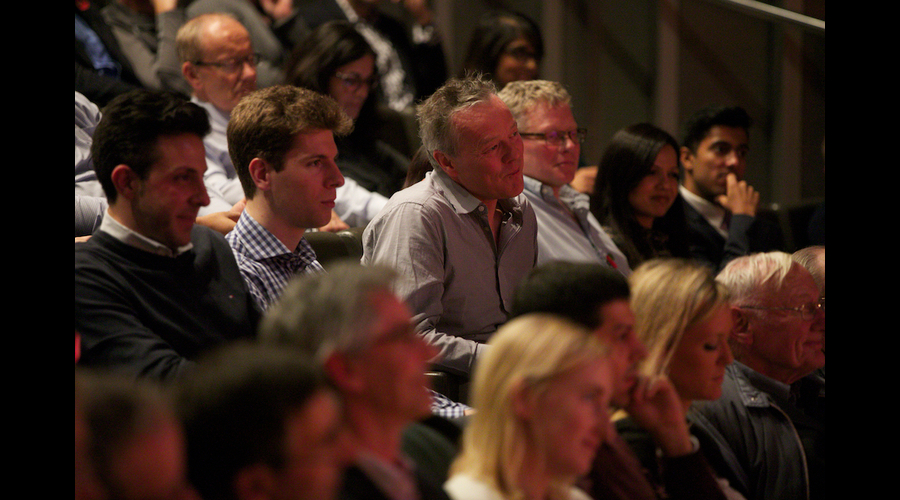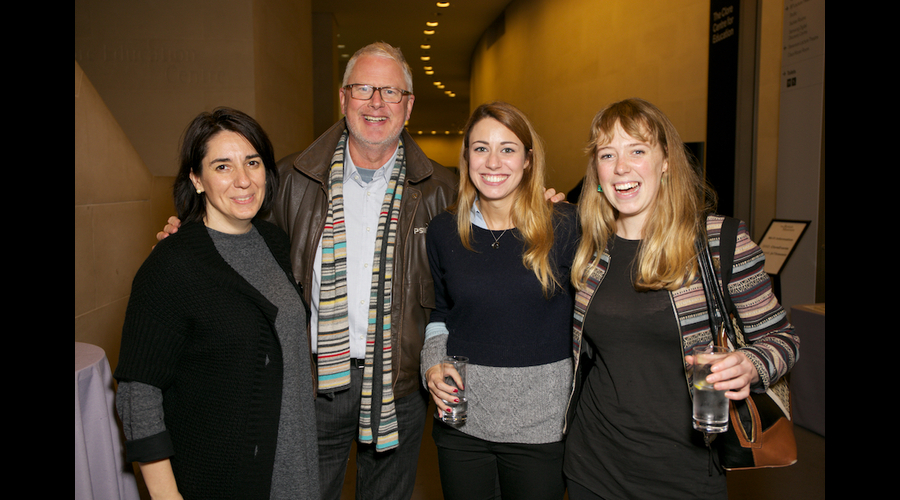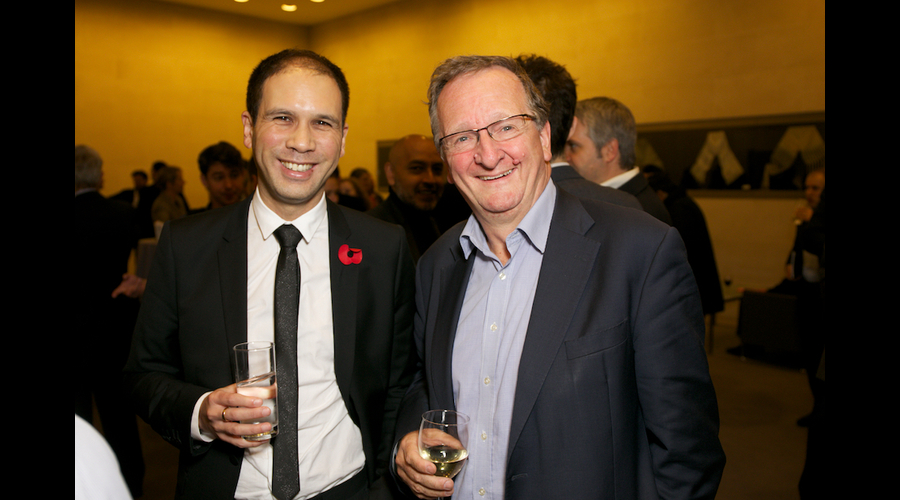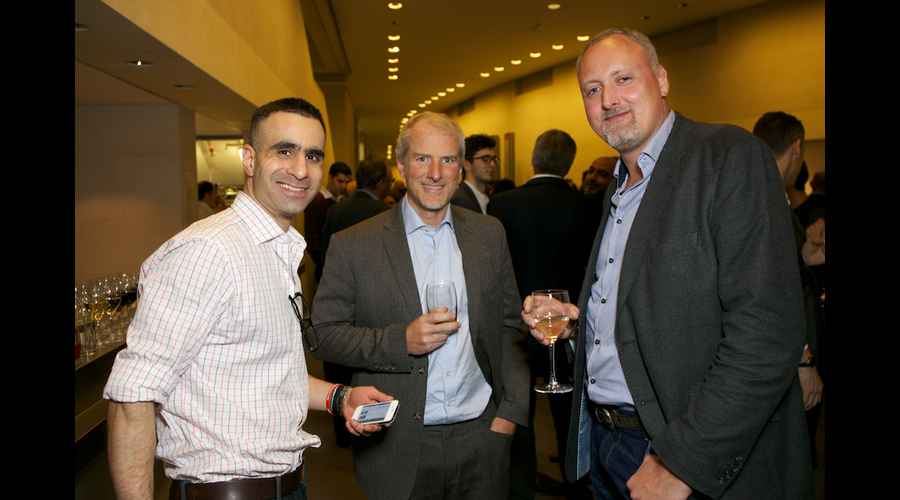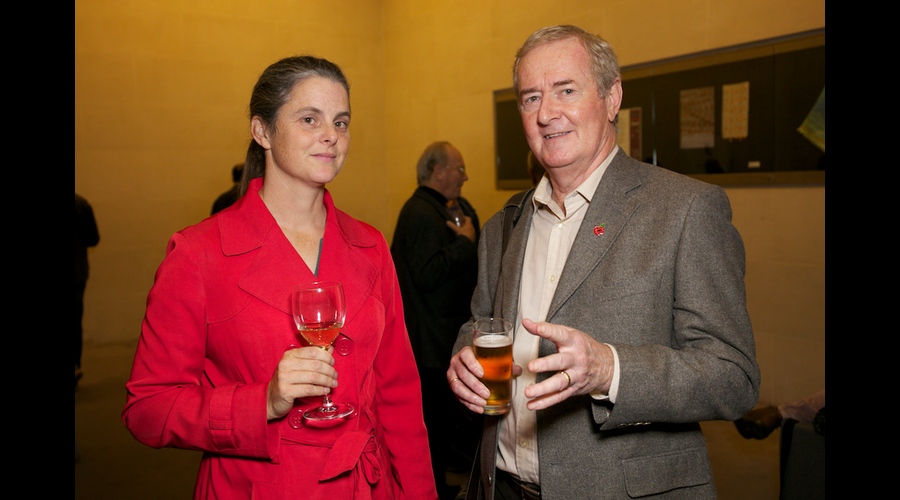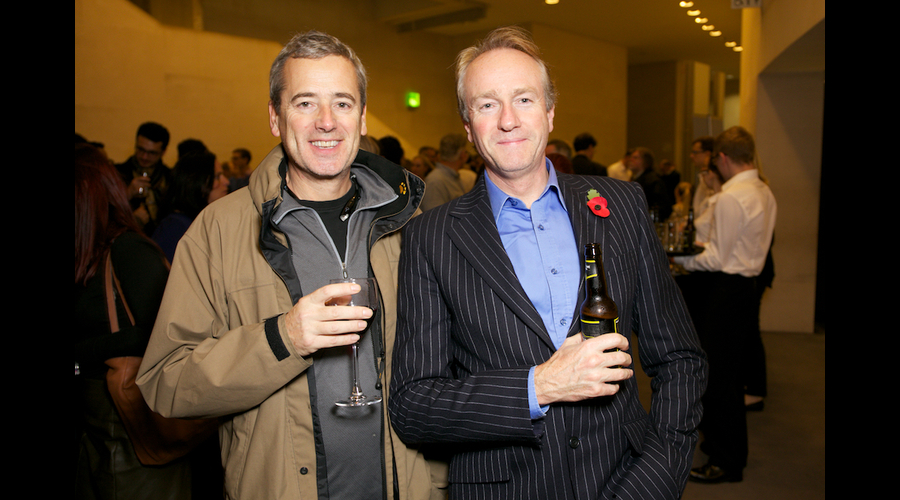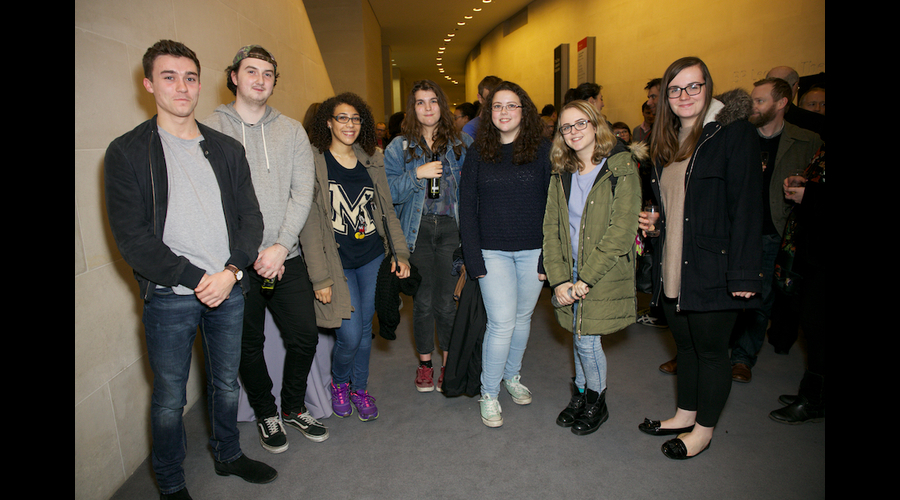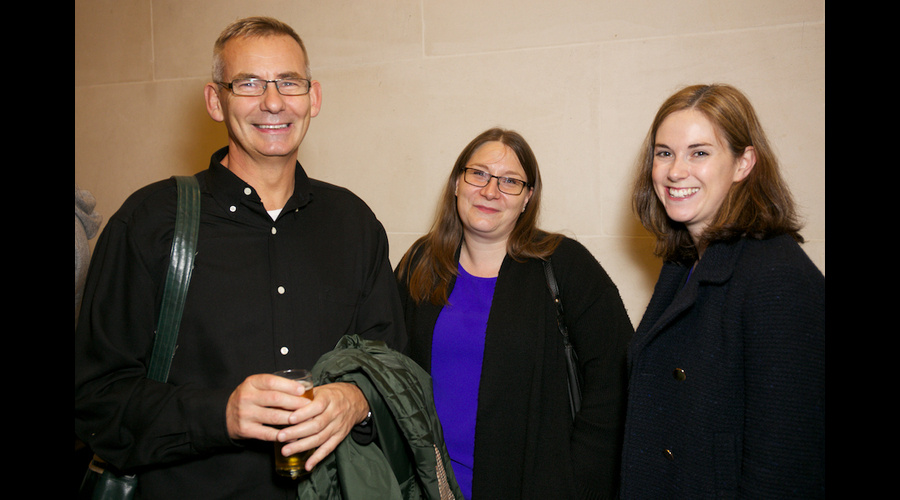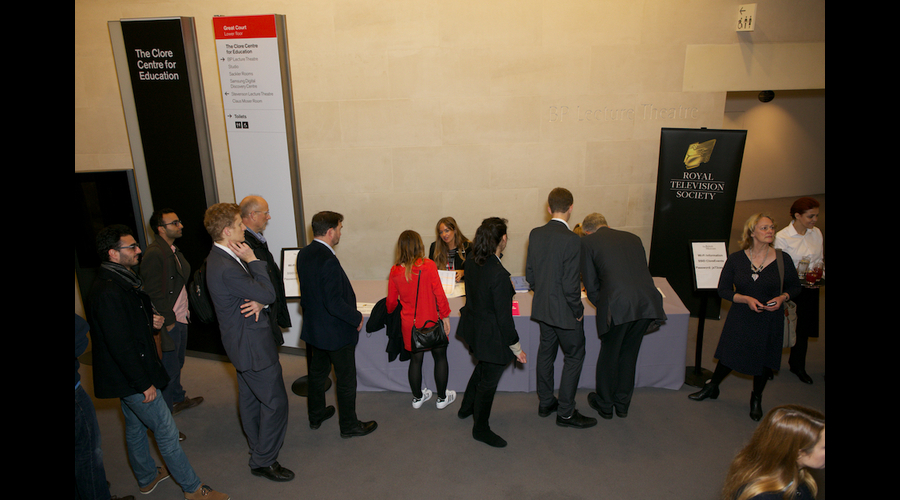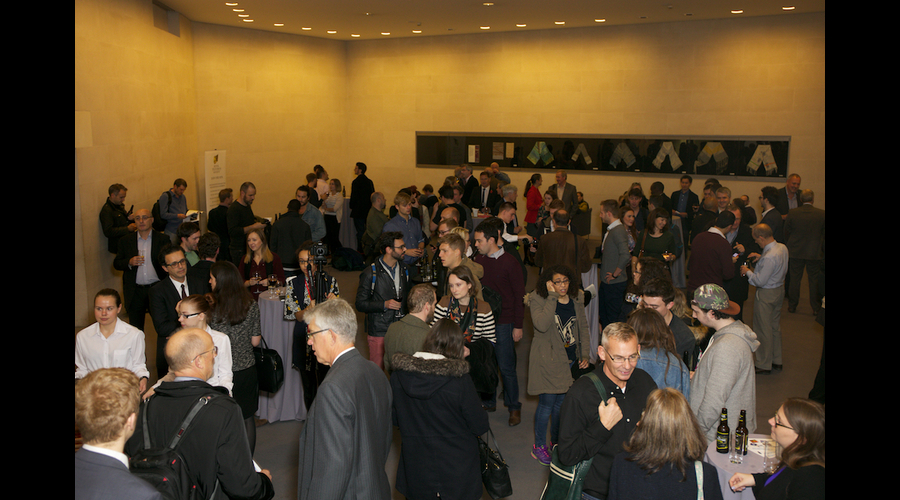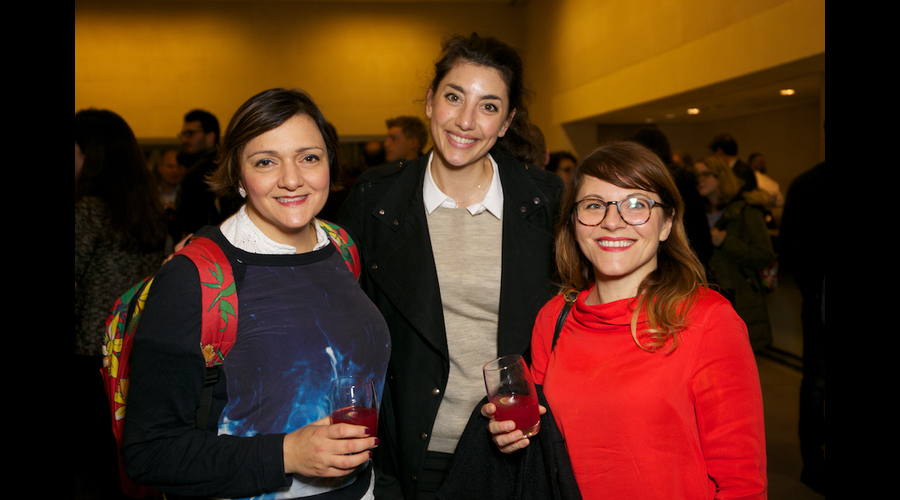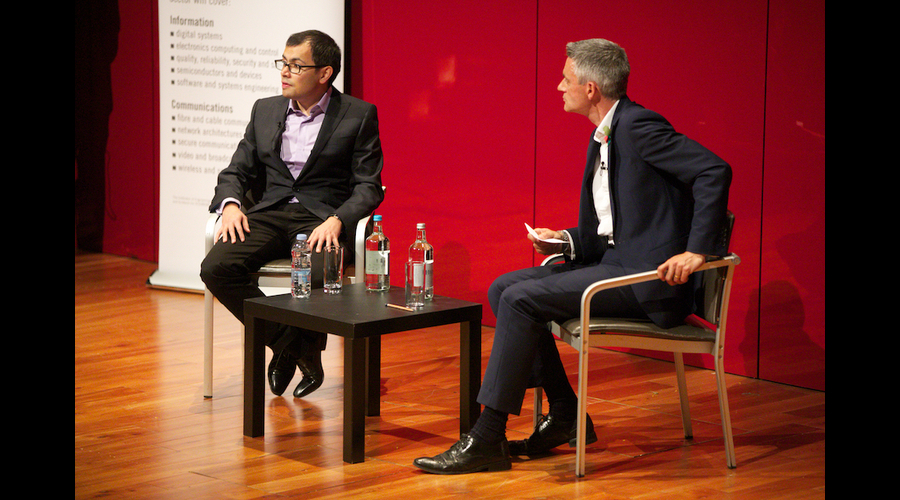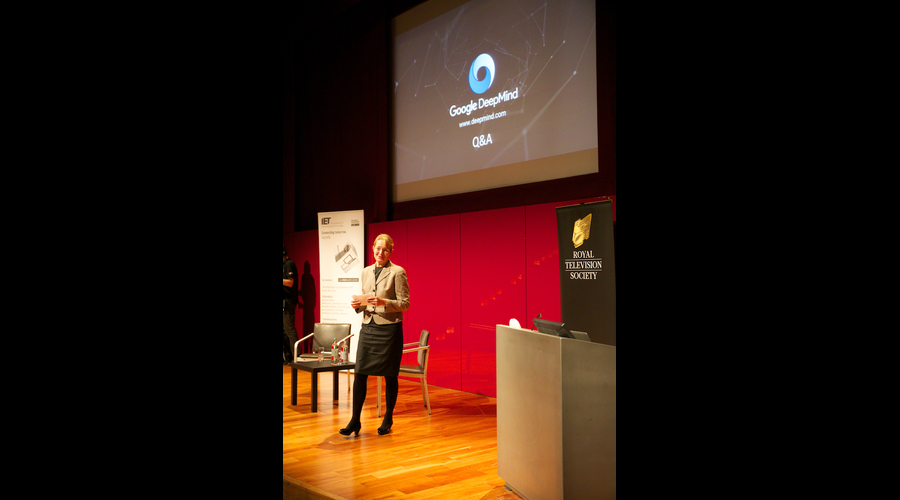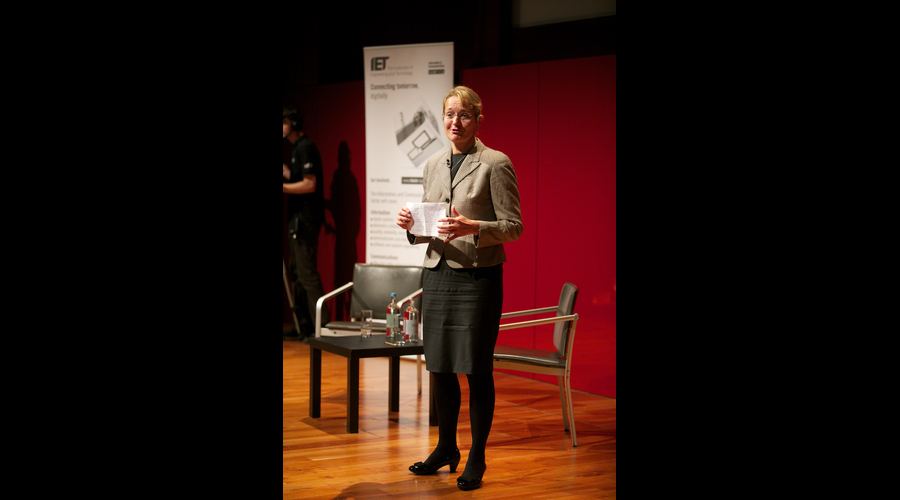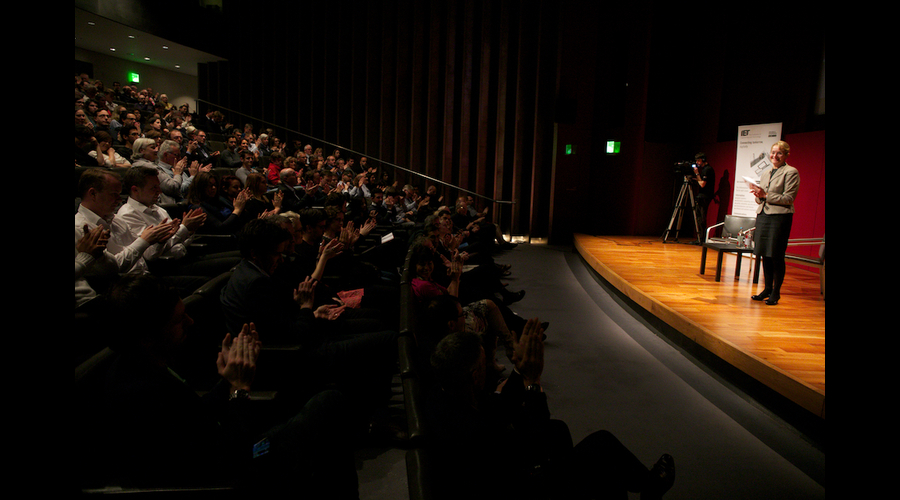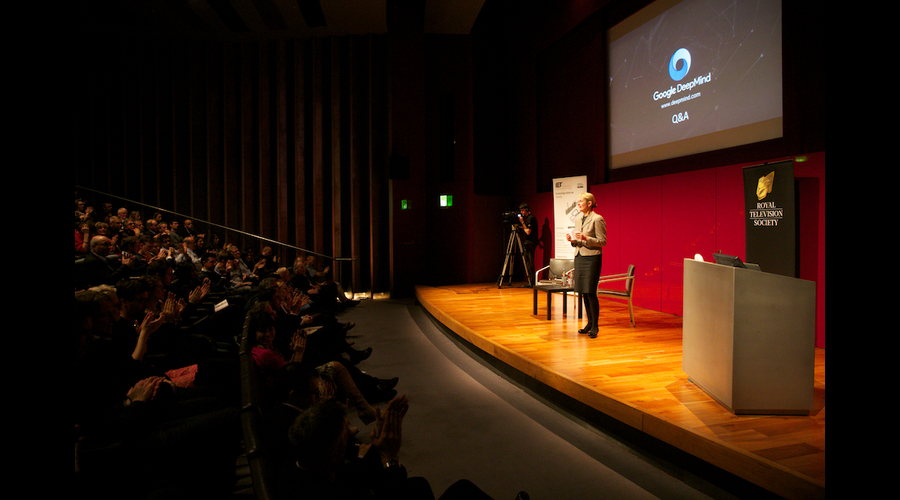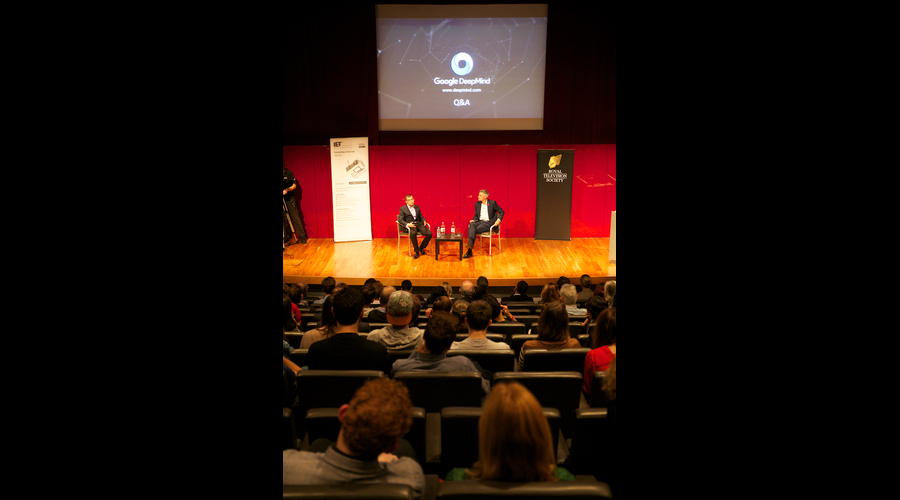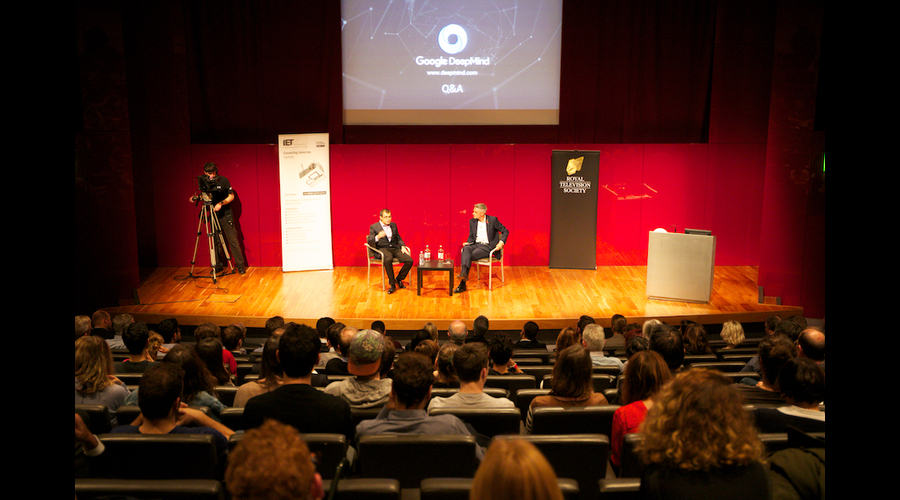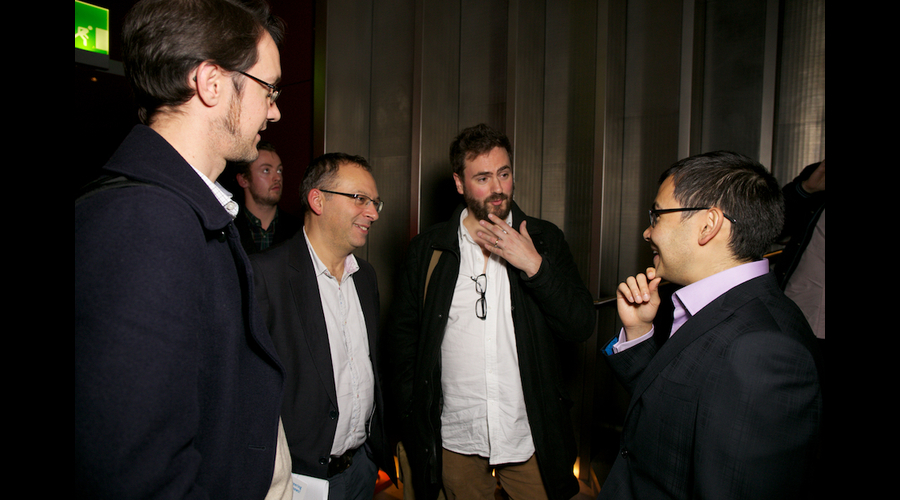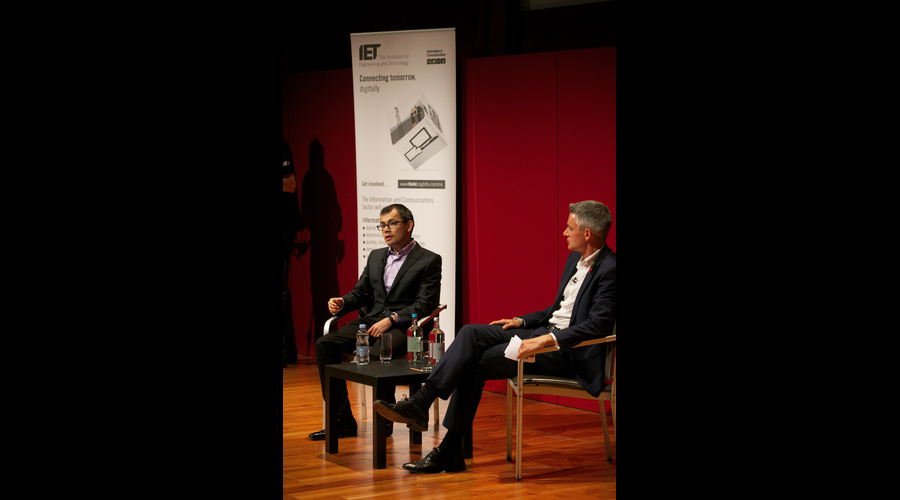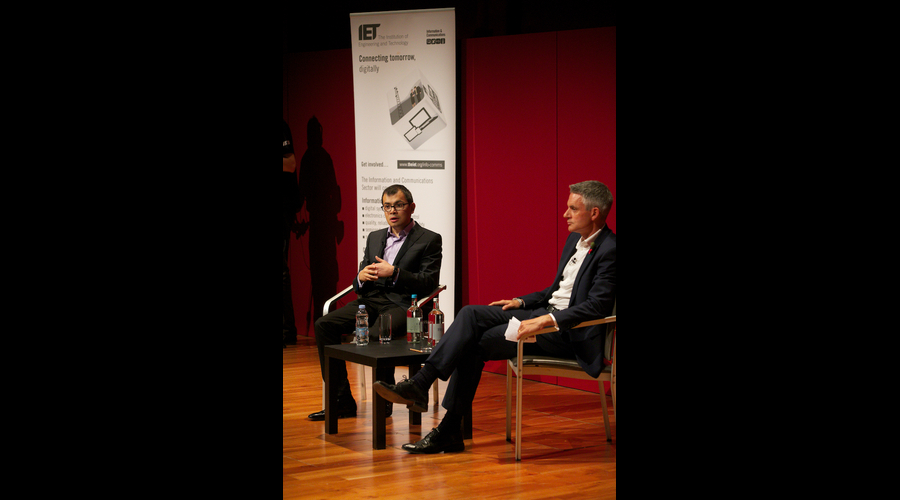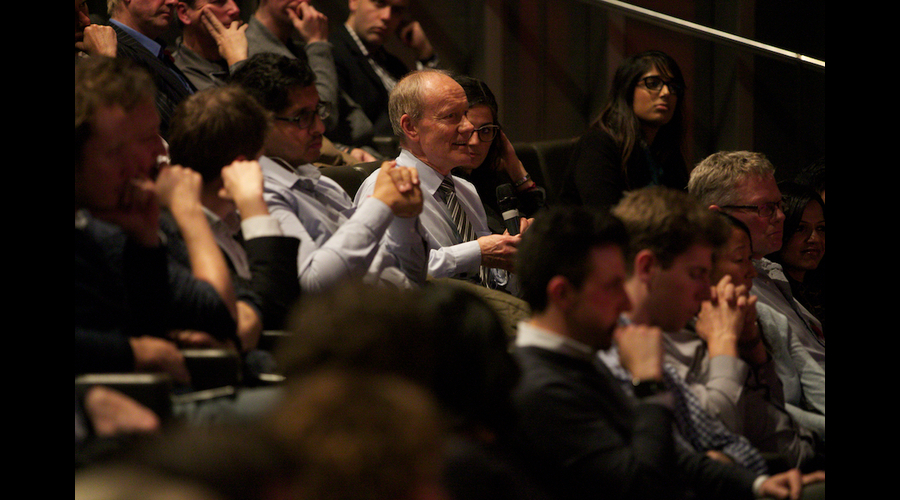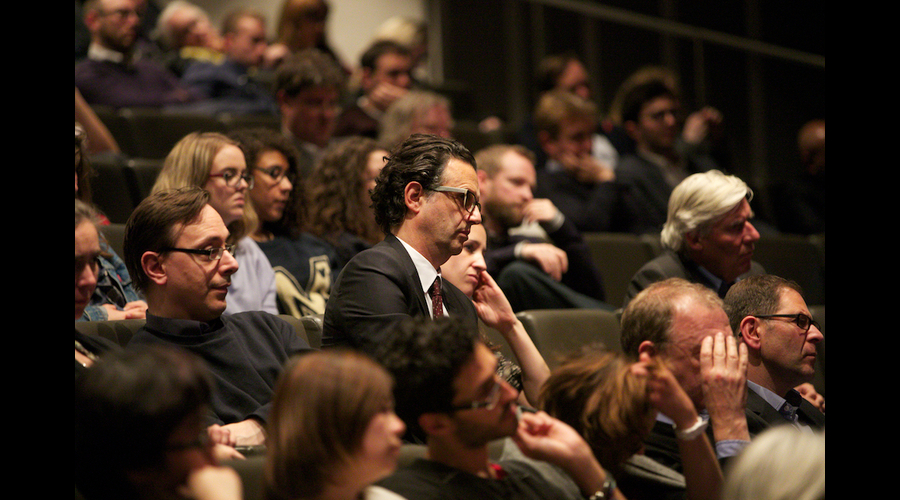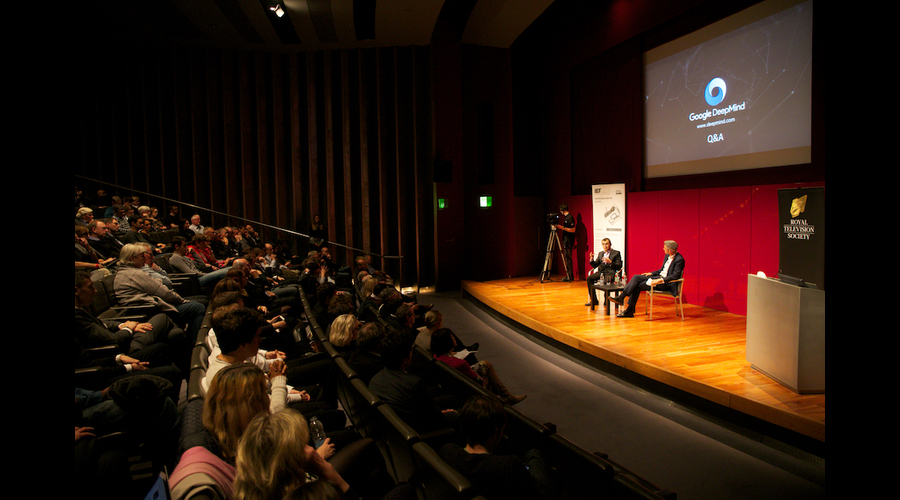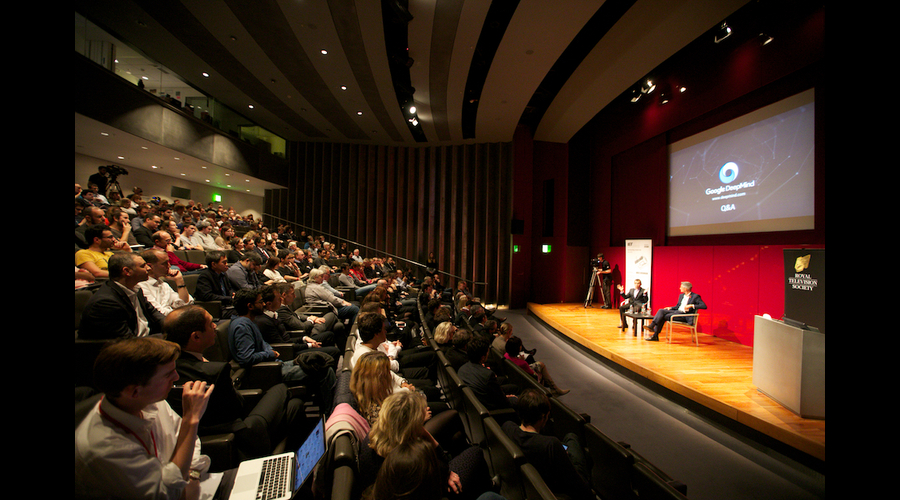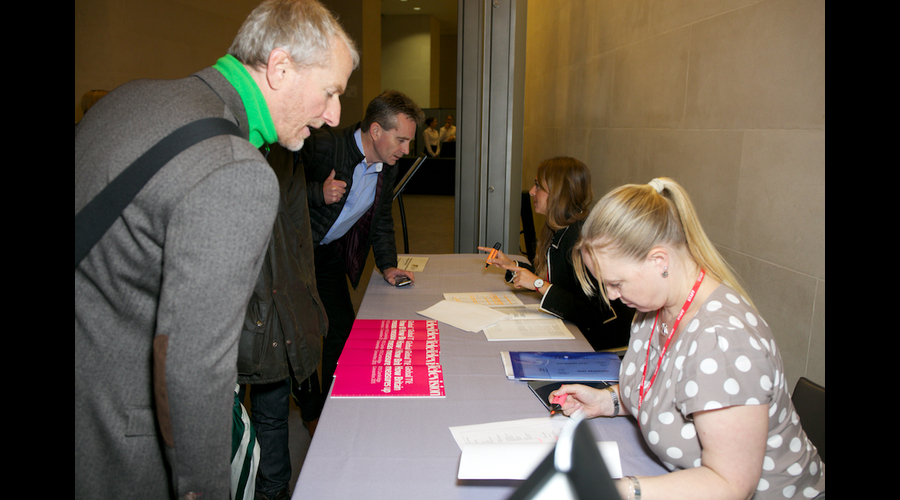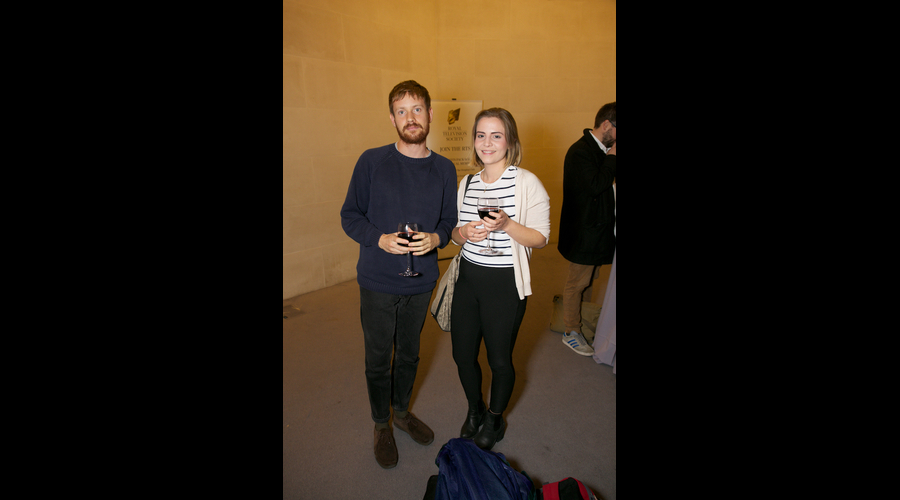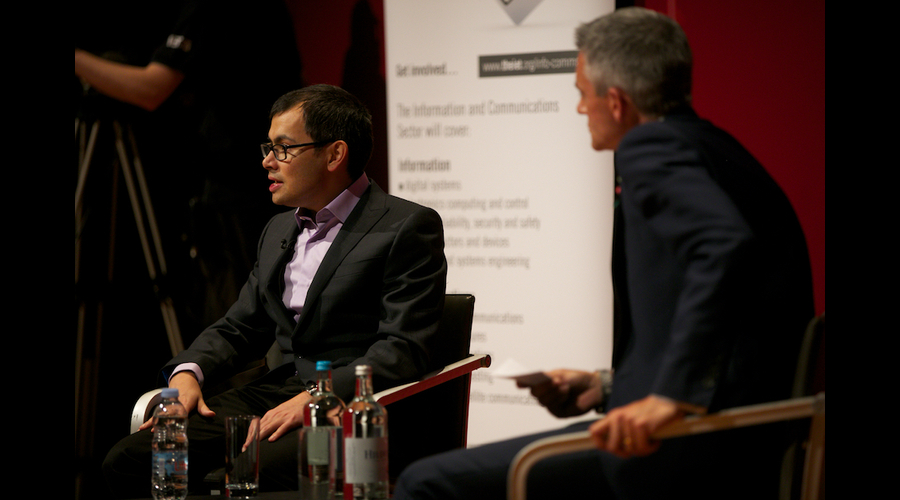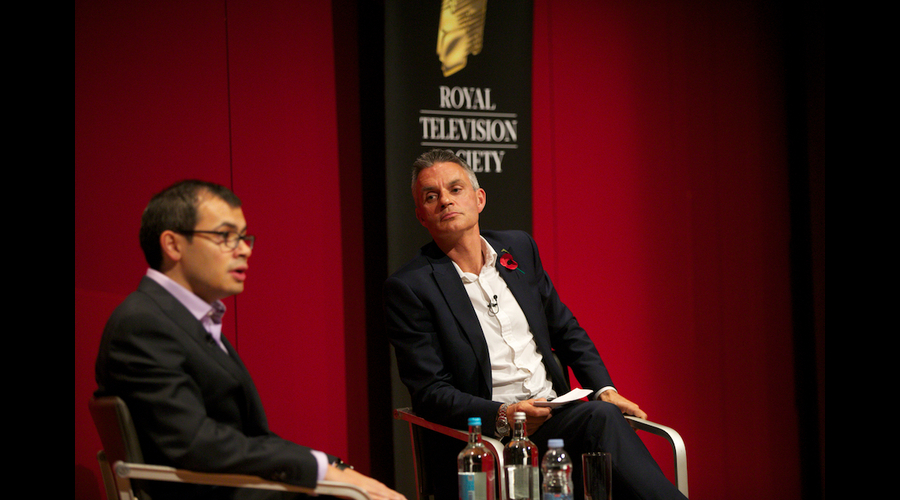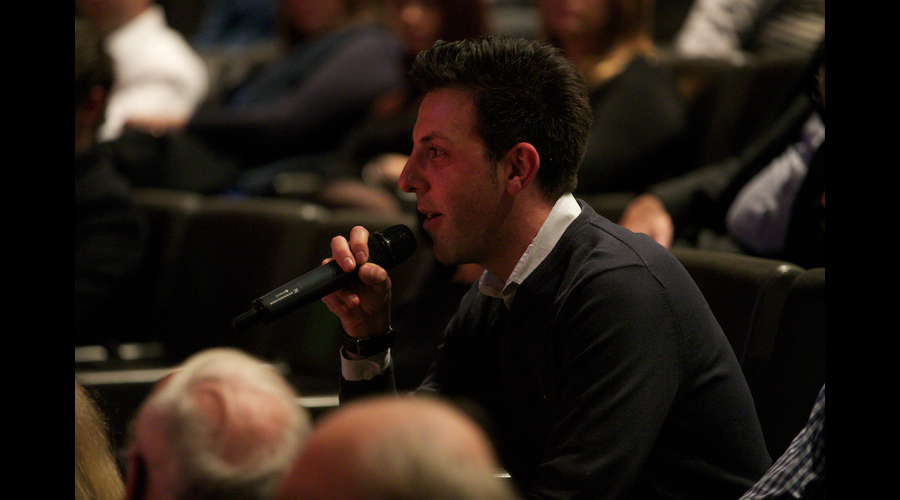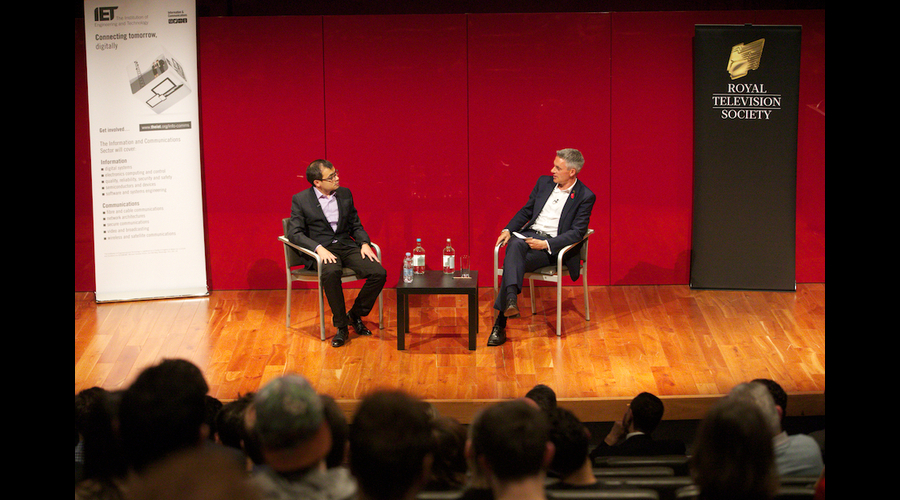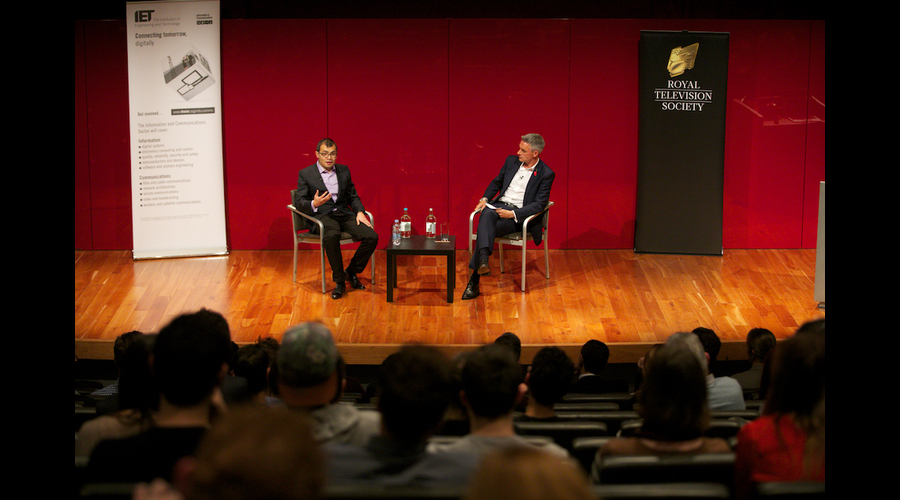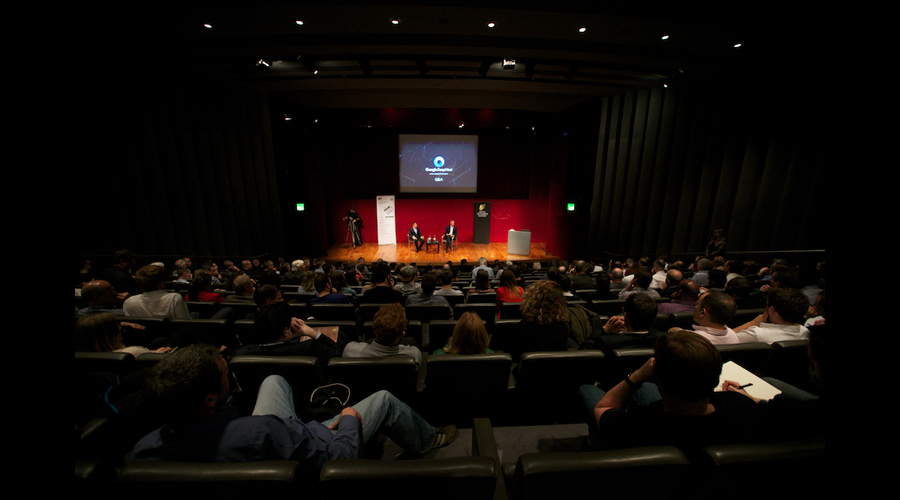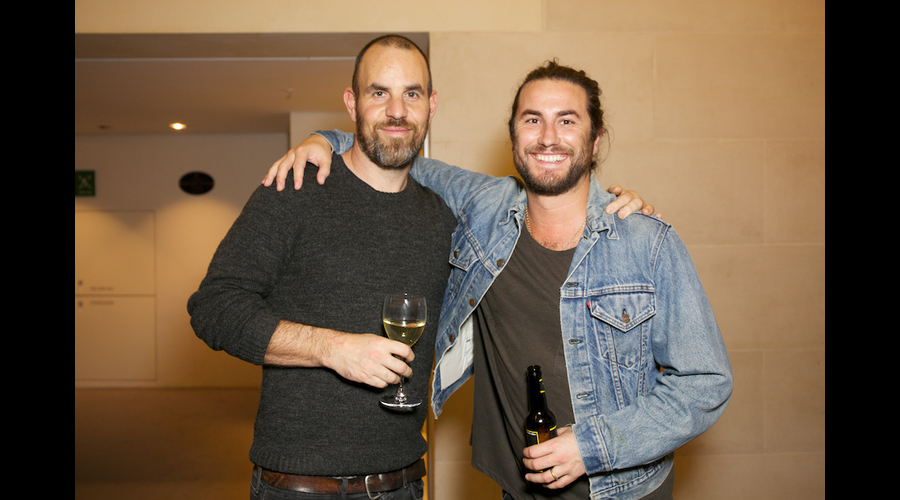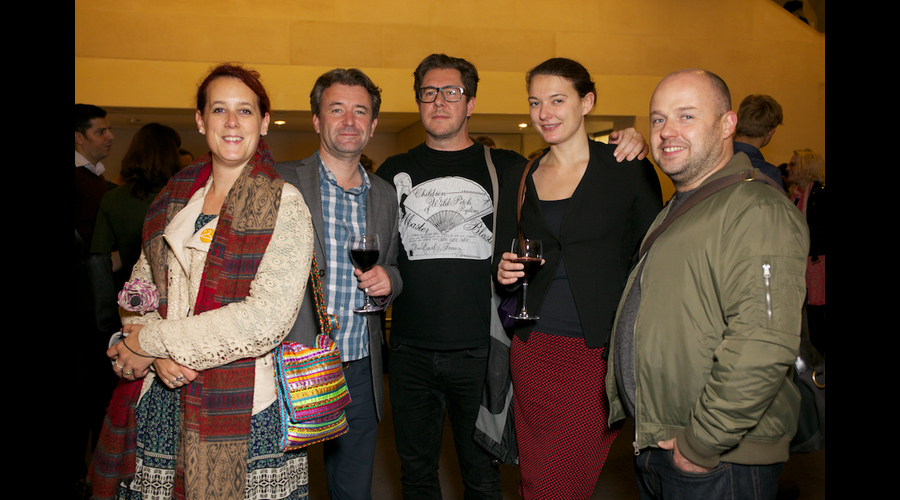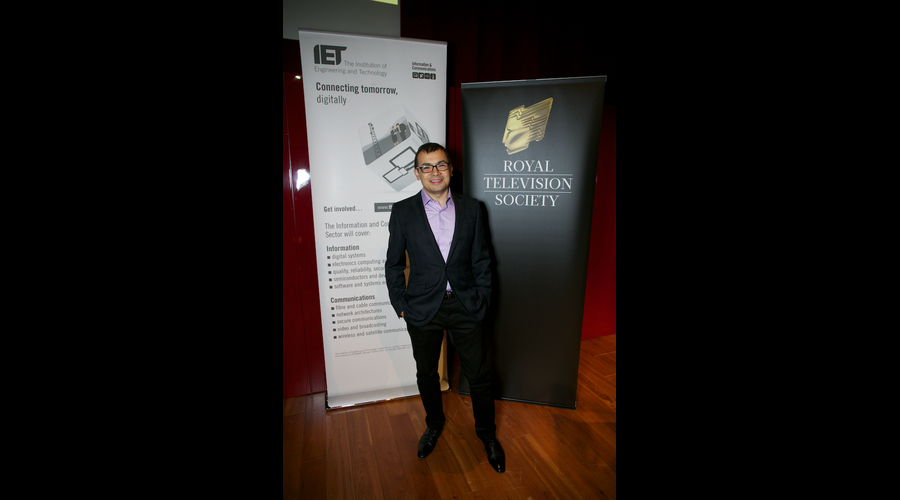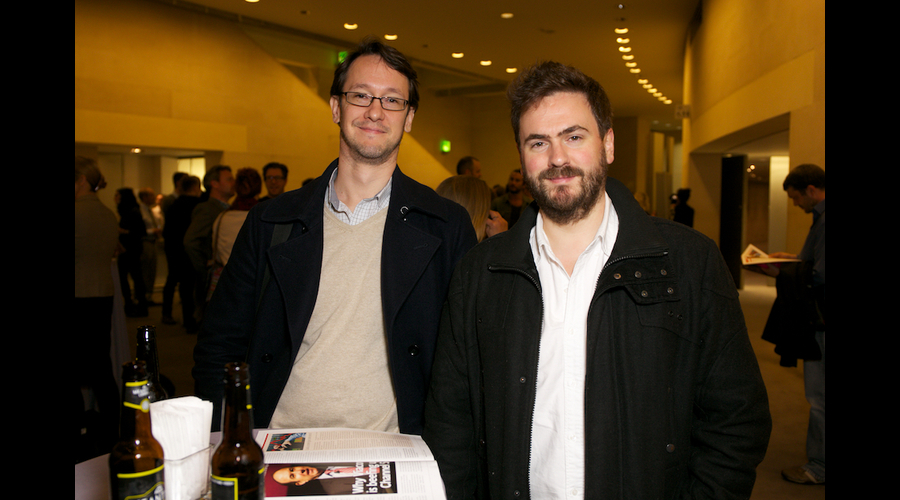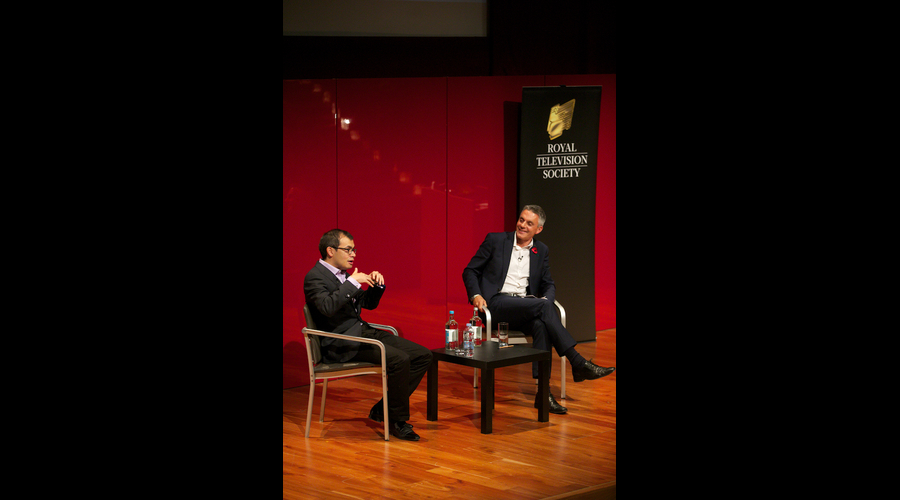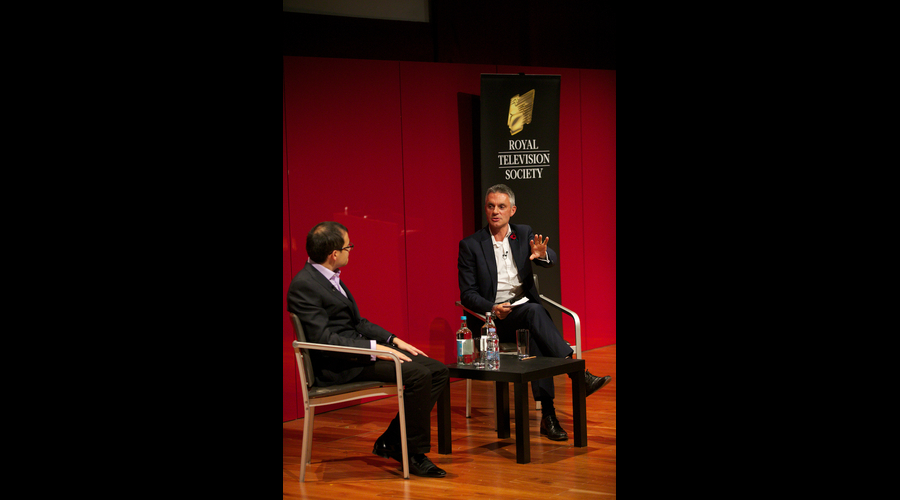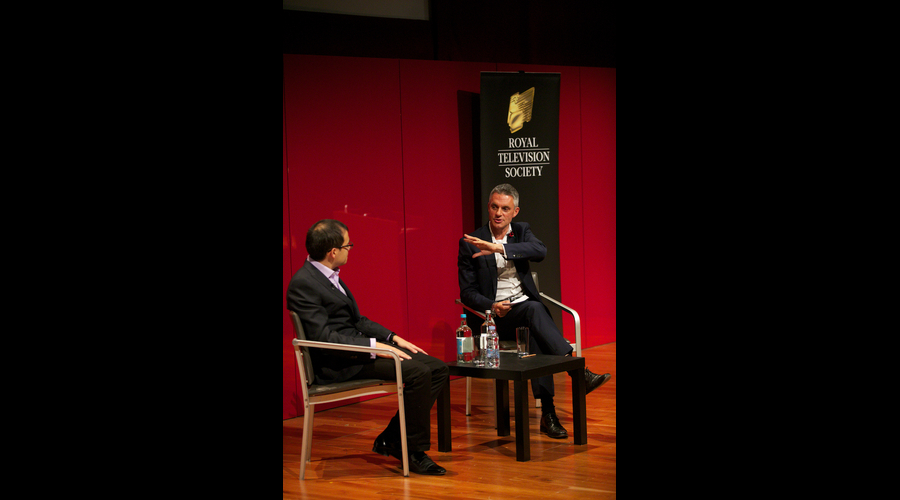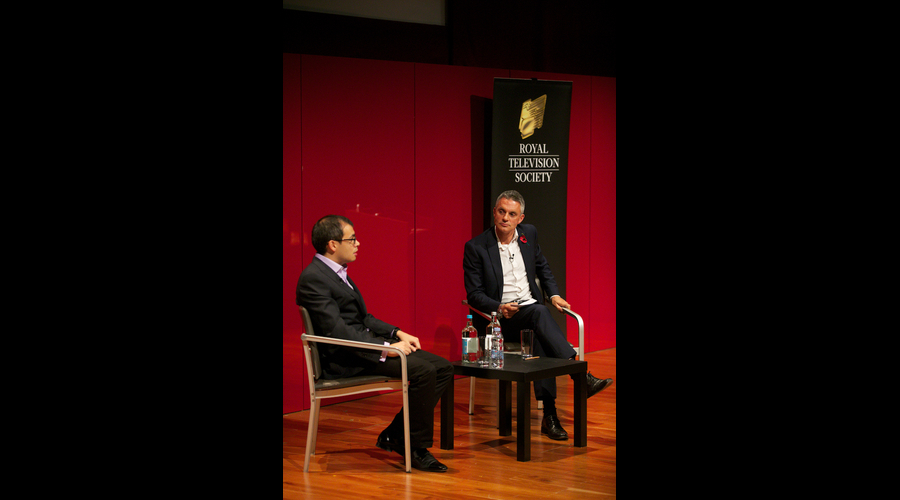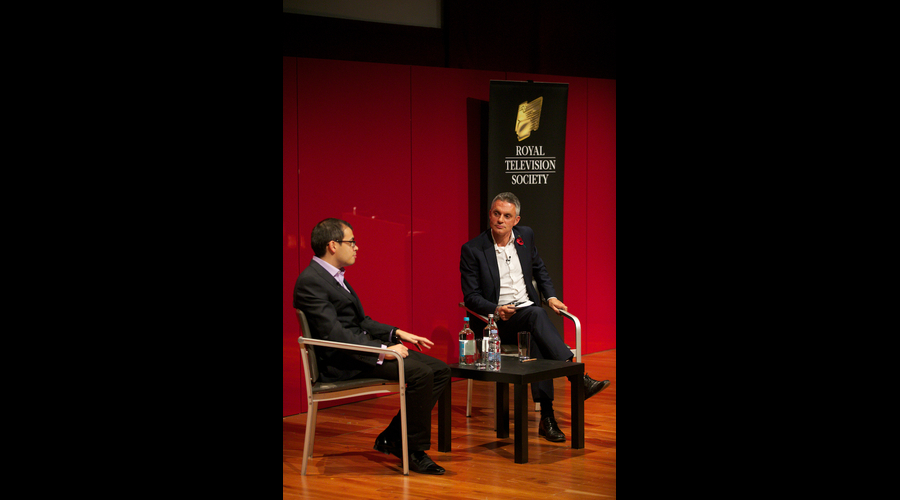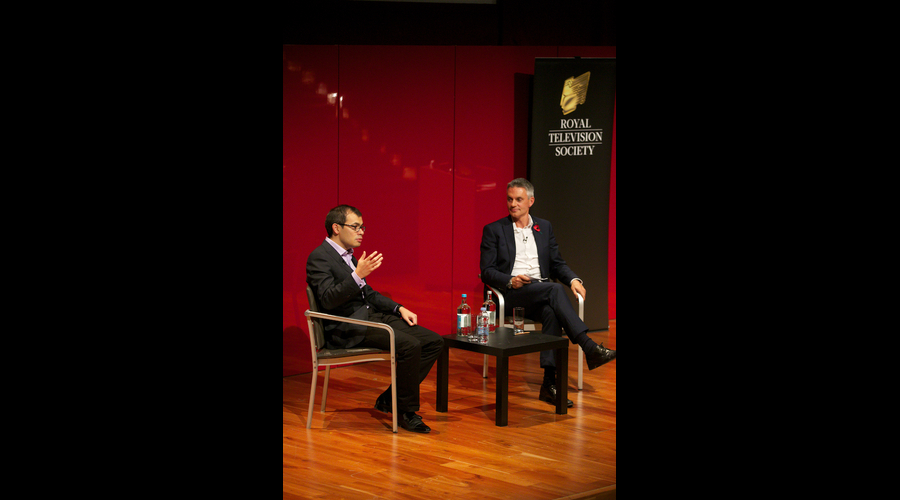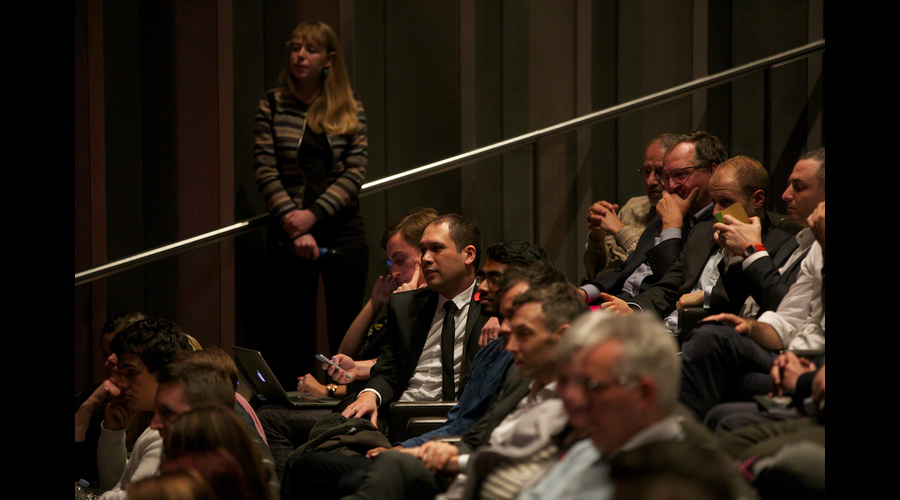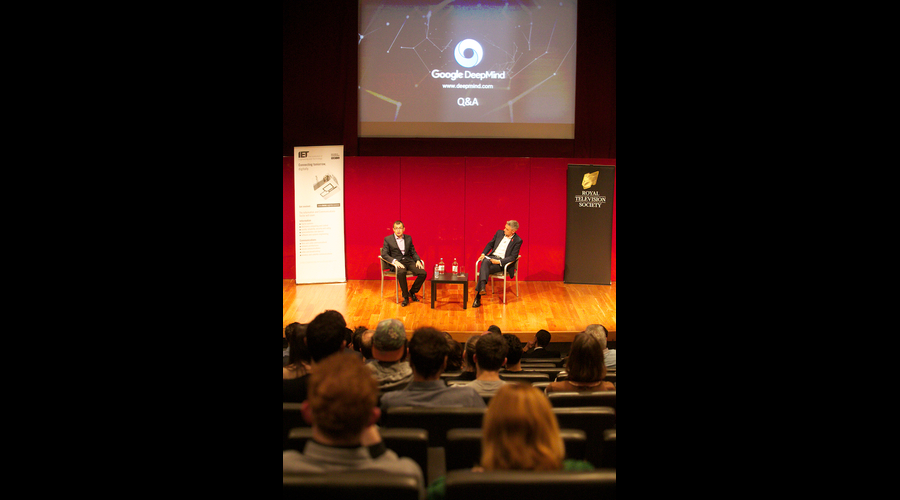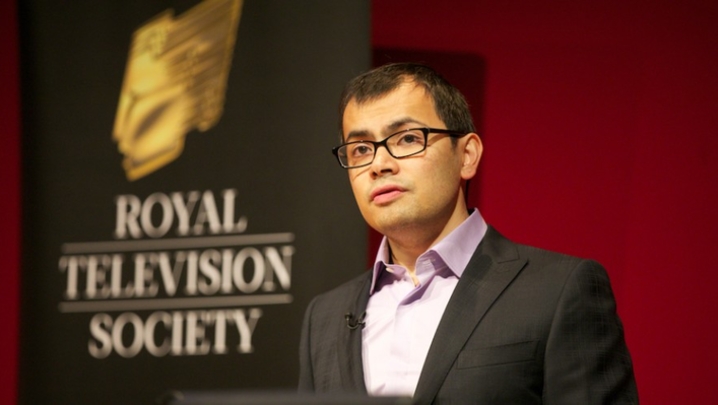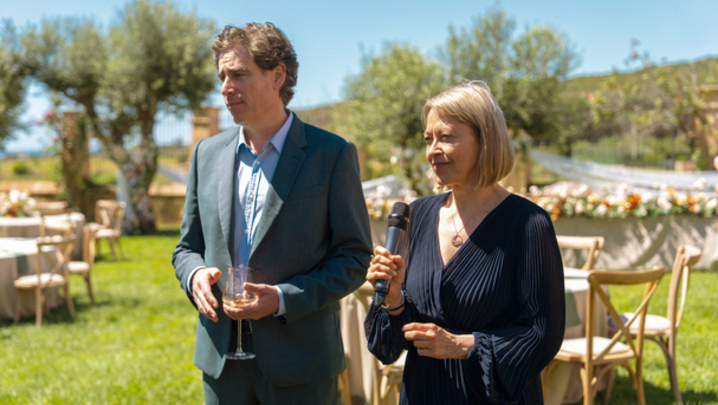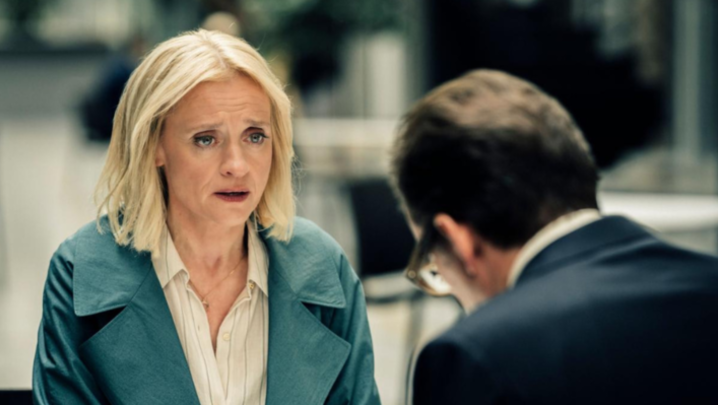Telly creatives let out a collective sigh of relief as artificial intelligence expert Demis Hassabis ruled out the possibility of computers replacing them any time soon.
“We are a long way from machines being truly creative,” said the founder of machine learning start-up DeepMind Technologies. But, Hassabis warned: “I don’t think it’s impossible.”
“Most people’s jobs in the audience are safe for a long time. I don’t think they’re going to be any [computer] directors of the quality of say Ridley Scott, if ever – that’s one of the last things that a computer will be able to do,” Hassabis continued. Humans, he added, have “aesthetic judgement”.
Hassabis – a child chess prodigy who programmed the popular game, Theme Park, at the age of 17 – was giving the second RTS/Institution of Engineering and Technology public lecture, held this year at the British Museum.
His subject was artificial intelligence, which he defined as “the science of making machines smart”. Hassabis accepted the invitation, partly he said, because “I love the idea of bringing together the RTS and the creative arts with the engineering [focus] of the IET”.
Channel 4 chief David Abraham asked whether Hassabis was working on recommendation engines. “We are looking at recommendation systems in all sorts of forms – it’s a very interesting area and something our technology is applicable to,” he replied.
The aim, Hassabis continued, was to “model user journeys in a way that delivers much more compelling content or recommendations. The current systems we have are not good enough.”
He predicted that new and better recommendation systems would be available in “four or five years”.
Hassabis identified “information overload” as one of the biggest problems facing society. “In the world of TV there are so many channels now and modes of watching things – how can [viewers] find what they are interested in?”
“Personalisation is one kind of technology that might help but it doesn’t really work because it’s based at the moment on quite primitive technology, which doesn’t give unique recommendations to what I would call [a person’s] long tail of interests.”
DeepMind was bought by Google for a reported £400m in January 2014. Hassabis defended the sale in response to a question from a member of the audience who pointed out that he had “taken the yankee dollar”.
“We decided to join forces with them, partly because the people high up at Google thought that [having] an ethics committee was a good idea. We had already ruled out obvious things like military or intelligence applications,” replied Hassabis.
Almost two years after the sale, Hassabis pointed out that DeepMind had kept its London headquarters. “We’ve invested in our research team in King’s Cross – the whole of DeepMind is still UK side. We work as a semi-autonomous unit.”
Hassabis, who is currently Vice President of Engineering at Google DeepMind and in charge of Google’s artificial intelligence projects, brought a wealth of academic qualification to the lecture. These included a double first in computer science from Cambridge University, a PhD in cognitive neuroscience from UCL and research stints at the Massachusetts Institute of Technology and Harvard.
BBC Worldwide chief Tim Davie chaired the lecture. “We are lucky enough to be enjoying another golden age of advancement that demands public engagement and debate,” he said. “Artificial intelligence in recent years has become one of the hottest topics, dominating the media and the imagination of the public.”
The inaugural RTS/IET lecture in May 2014 was given by technology entrepreneur Mike Lynch at the Royal Society in London.
Demis Hassabis gave the 2015 RTS/IET public lecture at the British Museum on 4 November. It was produced by Helen Scott.


